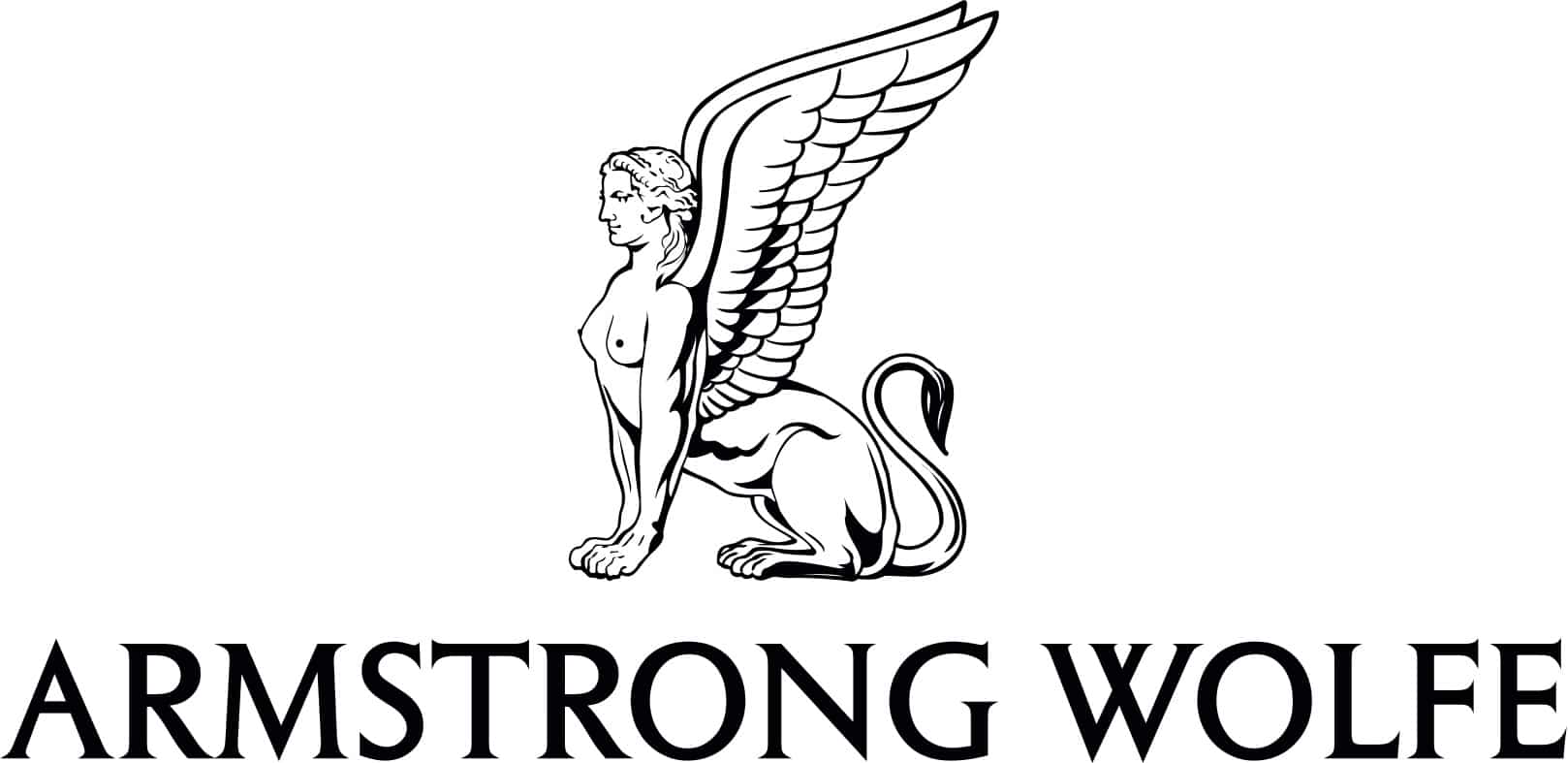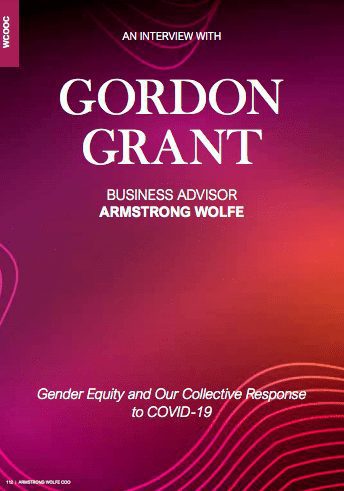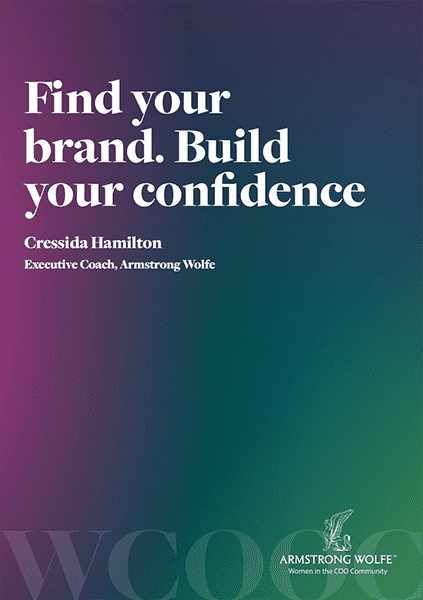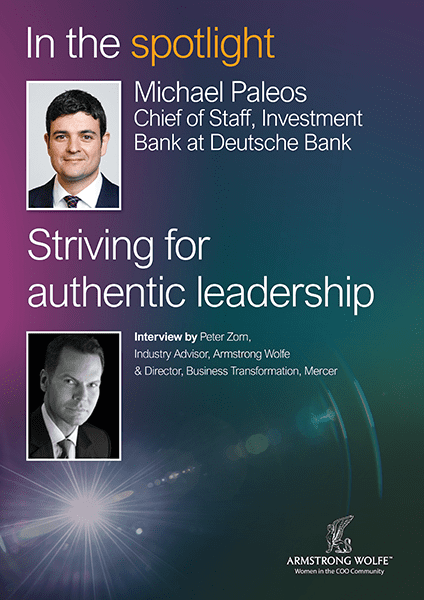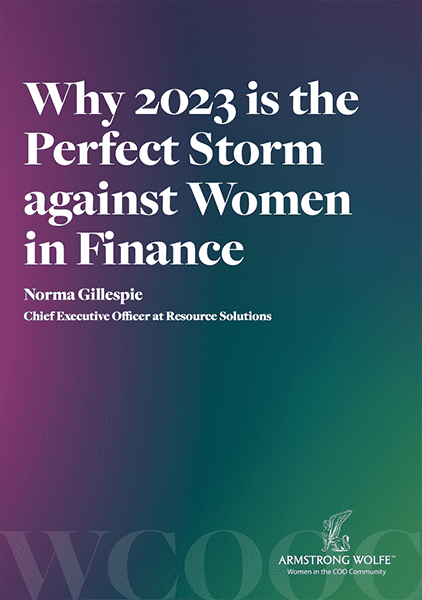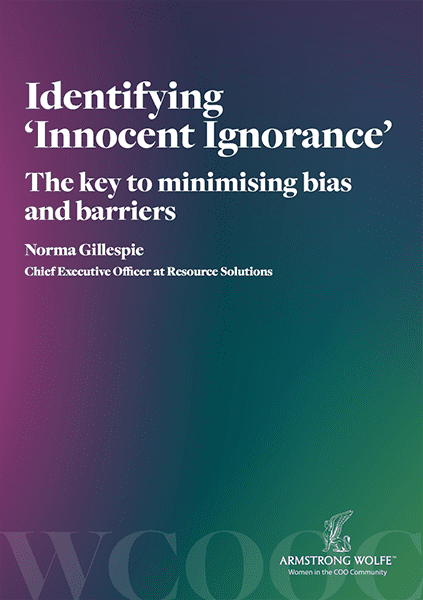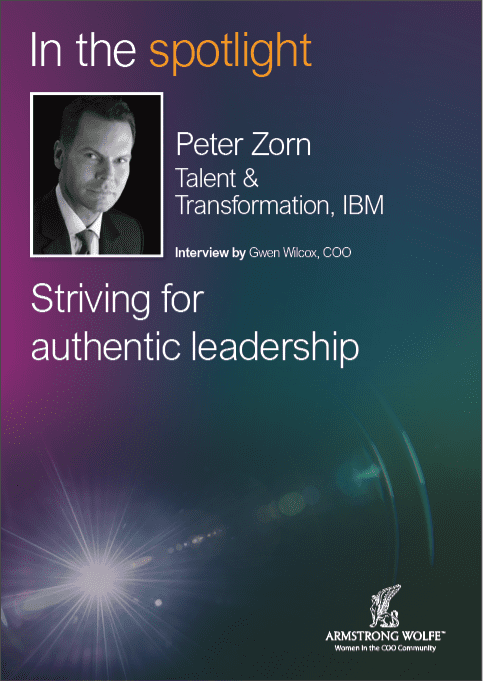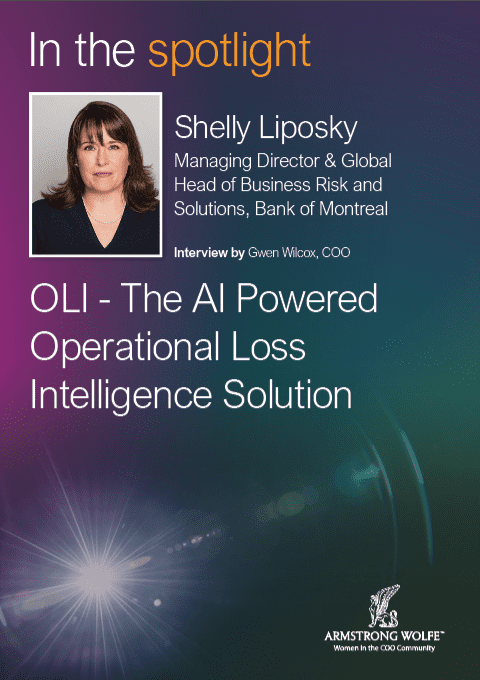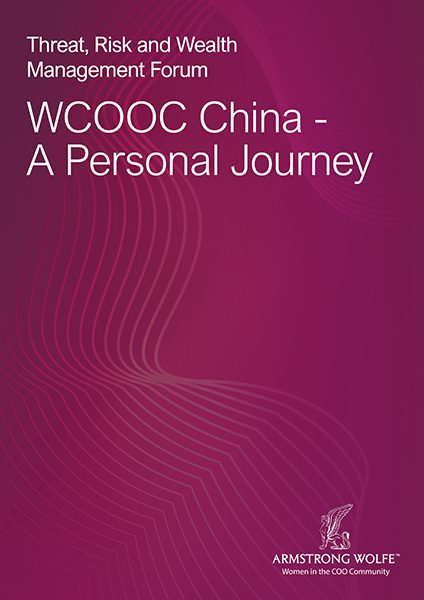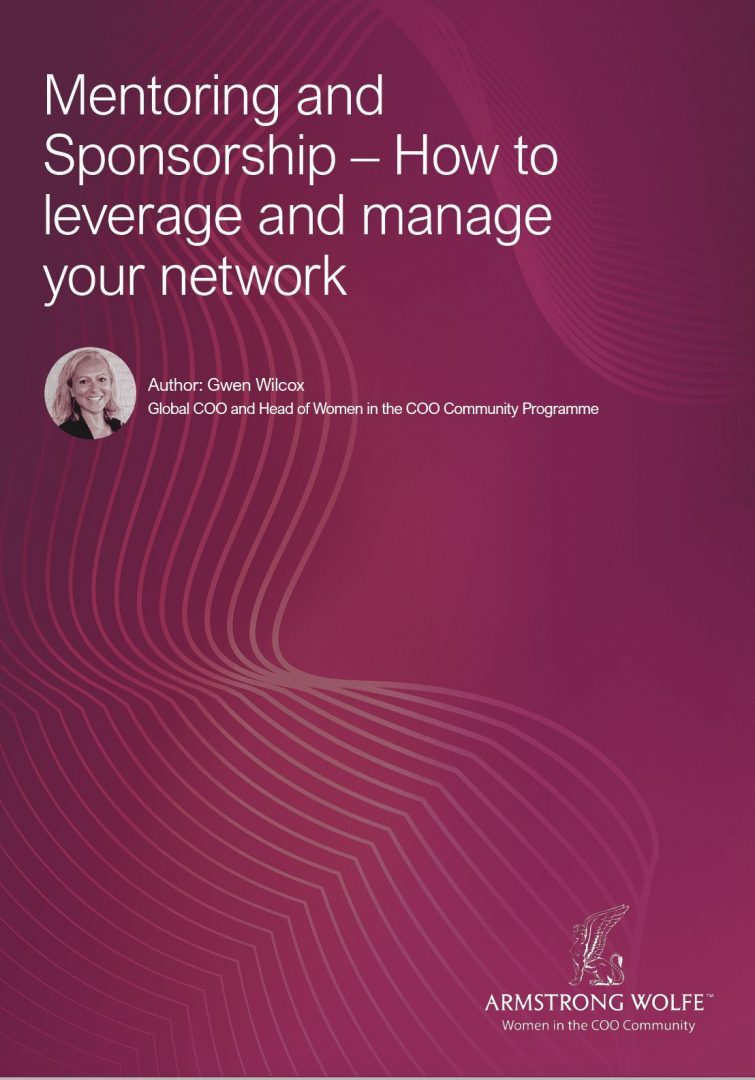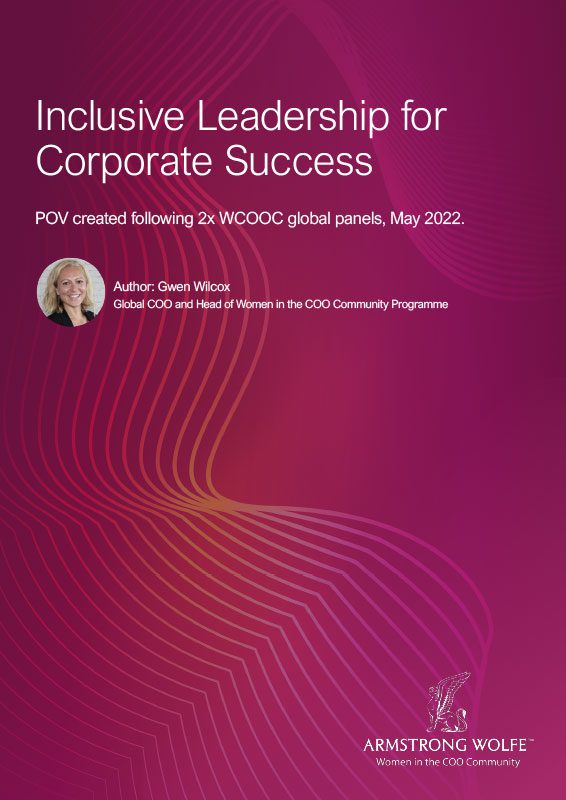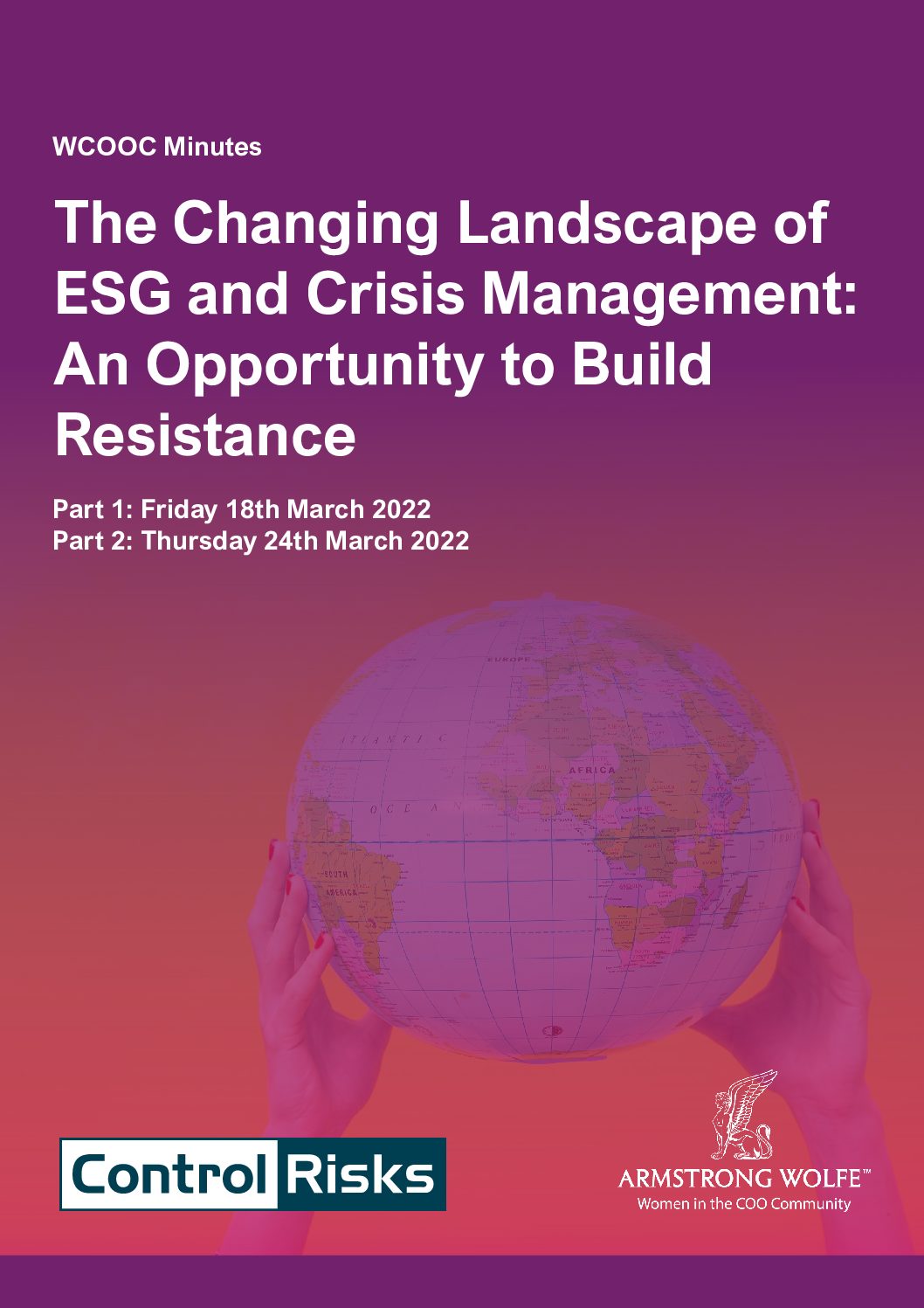Gender Equity and Our Collective Response to COVID-19
Despite the many challenges presented by COVID-19, the COO community is well placed to ensure that the drive for gender equity within the Financial Services sector is not derailed.
In fact, in leading organizations at a time when fundamental and far sweeping changes to operating model and work practice are implemented, the COO community has the direct ability to ensure that impediments to gender equity (and broader diversity and inclusion) are removed.
COVID-19 has had a devastating effect on gender equity in the broader community. The US Bureau of Labor Statistics reports that of the 20.5 million jobs lost in the US in April, 55% were women. Female unemployment rose to 16.2%, while male unemployment rose to 13.5%. Women of Hispanic (20.2%), Black (16.4%) and Minority Ethnicity origin were most impacted. The heaviest job losses have occurred in leisure, hospitality, education and medical sectors.
It will take some time to determine the gender equity impact of COVID-19 on employment rates within Financial Services. Multiple factors influencing Financial Services gender equity are still being worked through. Return to office strategies continue to be devised. Remote vs. physical rosters are being drawn in parallel to broader locational questions. Rapidly embraced technology and collaborative tools are being integrated. Change programs agreed pre-pandemic are undergoing re-assessment. Data simplification, automation and Cloud programs will accelerate. Volumes and work drivers post normalization are yet to be understood. In recognition of these challenges, several institutions have gone so far as to state that they will not be making further redundancies in 2020.
While it is not possible to determine the final impact of COVID-19 on gender equity at this time, there are a number of key areas where the pandemic is adversely impacting women now:
1. Uneven Impact of Working From Home (WFH).
The implementation of WFH has disproportionately impacted the amount of unpaid domestic hours worked by women relative to men. A survey by LeanIn reported that women working full time who have both a partner and children are now spending 20 hours more per week than their partner in domestic work. The impact on single mothers is higher. As schools re-open, some of this additional burden may ease for those with children of school age. It may not help mothers with children of pre-school age. In the UK, 50% of child-minders, daycare centers and nurseries report that they will not re-open, eliminating 150k spaces for children of pre-school age.
2. Inflection Points for NonPrimary Income Earners.
Non-primary income earners and / or employees who are on an income band less than or near to the additional costs of home care and transport arrangements etc. post COVID-19, may elect to leave the Financial Services sector. Statistically, the bulk of non-primary income earners are female. An outcome in which women leave the Financial Services sector is contra to the collective effort that has been made across the industry to increase diversity in the workplace. It will place further pressure on talent pipeline, especially at Director and Vice President bands, and directly impact the progression rate of women into senior roles.
3. Potential Impact to Female Promotion Success.
In a WFH model, promotion candidates no longer have the same natural opportunity to network and to build relationships as they do in an office environment. There is no longer the ability, for example, to gather pre and post meetings in conference room doorways, nor to walk and talk with senior leadership as they move through the office. Instead, candidates must engineer contact remotely and work to establish presence via conference and video calls.
This amplifies the legacy state challenge, well known and documented, of unconscious bias impacting women (and other diverse groups). It then goes further by overlaying that bias with the challenge of mass remote connectivity and the need for female candidates to have their voices heard over stereotypically louder men.
The COO community can mitigate some of the above by:
1. Optimizing WFH Experience:
a. Ensure that leadership is engaged, supportive and mindful of need for potential homelife flex.
b. Be mindful that WFH time zone clashes may be different to normal (e.g., as a result of home schooling).
c. Corral high performing teams around business goals and common purpose.
d. Authentically connect with people – ramp up personal engagement.
e. Consciously leverage the different skills and work styles of team members.
f. Make a point of calling upon people who have not spoken and encourage them to do so.
g. Guard against the same vocal individuals dominating dialogue.
h. Keep note of who you have / have not connected with – purposefully manage against unconscious bias.
i. Consider using an Experience Sharing App to keep abreast of current team mood.
2. Consciously manage talent and pipeline – ensure WFH does not disrupt promotion process
a. Ensure that pre-existing pipeline plans remain in place – specific programs of delivery may change as a result of COVID-19 but overall platform, profile and development should continue uninterrupted.
b. As and when practical, transfer pre-existing development training for pipelined talent to virtual learning modes. Adjust offering as required in response to any newly identified opportunities.
c. Pre-existing forums to assess promotion candidate legitimacy may no longer be possible. Establish clear guidelines as soon as practically possible as to any model changes.
d. Ensure that promotion candidates are connected to managers and key stakeholders via 121 meetings at appropriate intervals.
e. Develop virtual forums to allow future talent to establish networks both with peers plus with those who have influence over progression. Examples include video forums by gender, ethnicity or diversity group, or by corporate title, with divisional leadership.
f. Leverage technology and increasing comfort in disbursed teams to create new virtual pairings and agile relationships, maximizing talent exchange and growth opportunity
These points are a subset of what would be required to optimize work experience and to progress gender equity. As a WCOOC Ambassador and Business Advisor with Armstrong Wolfe Solutions, I would be happy to discuss any of these topics further.

Gordon Grant
Business Advisor & WCOOC Ambassador
Gordon is a senior Operations leader specialising in business enablement, transformation, client experience and regulatory delivery. Working with Morgan Stanley, BNP and Bankers Trust, he has held leadership positions in New York, London, Hong Kong and Sydney.
He has been directly accountable for successful strategy design, execution and BAU management across a wide range of financial products and sectors, including Institutional, Retail and Custody. Gordon has been engaged in industry advocacy for technology adoption, regulatory change and market development with representation on various AFME, ASIFMA, AFMA, DTCC & EuroCCP committees.
A firm proponent of talent development, diversity and inclusion throughout his career, Gordon is currently an Ambassador to Armstrong Wolfe and its Women in the COO Community (WCOOC) initiative. Immediately prior to this, he sat on the EMEA Diversity Action Council at Morgan Stanley.
